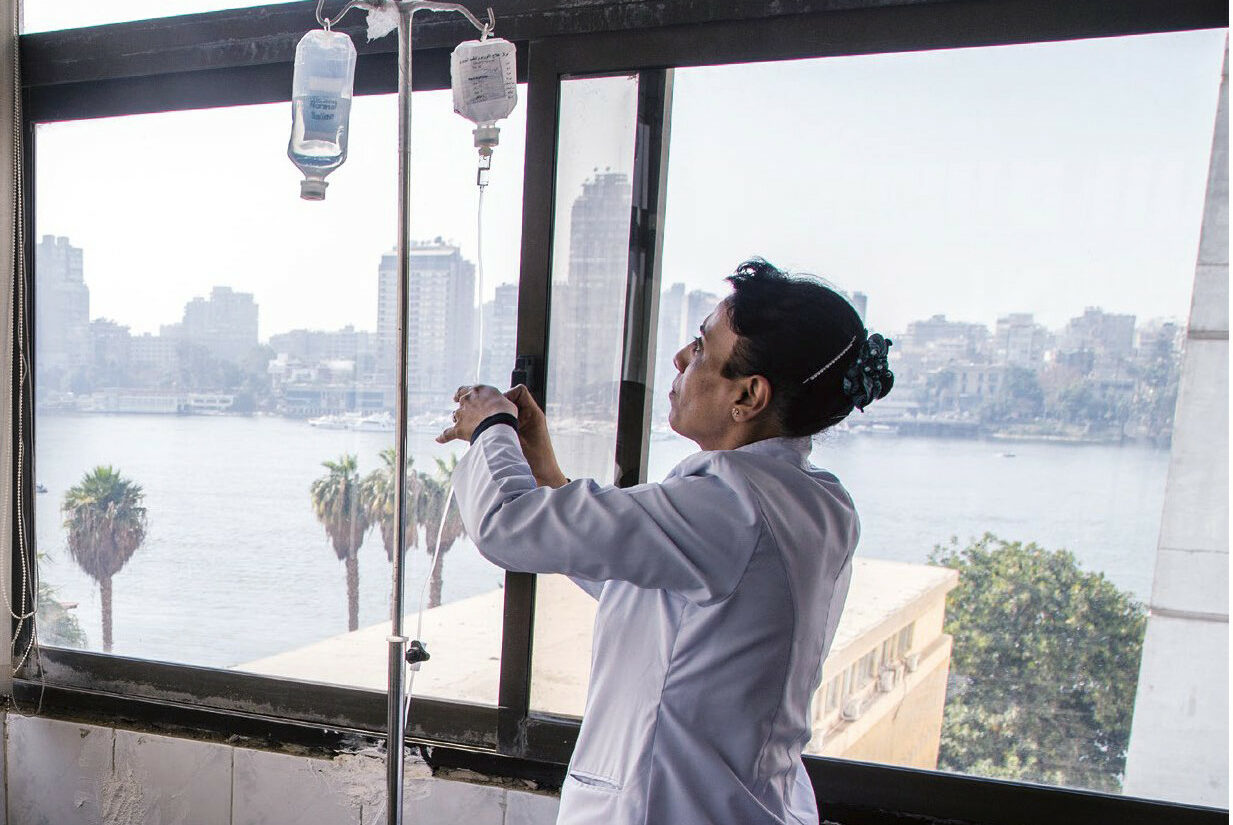
The ethics of clinical trials in times of corona
By Irene Schipper
In April, the directors of two big French medical institutes outraged the world when they suggested on the French news channel LCI(opens in new window) to test the BCG tuberculosis vaccine against COVID-19 in Africa. One stated: “If I can be provocative, shouldn’t we do this study in Africa where there are no masks, treatment, or intensive care, a little bit like we did in certain AIDS-studies or with prostitutes?” No wonder this suggestion caused an outrage on social networks and the hashtag #AfricansAreNotLabRats(opens in new window) started trending. This rightly led to public apologies(opens in new window) from both individuals. At the same time, there are very good reasons to test COVID-19 treatments and vaccines in Africa. This blog will explain why this is important, after first explaining the mistrust that has led to the intense reactions.
A history of unethical clinical trials in Africa
The mistrust of testing in Africa is based on a history in which drugs have been unethically tested in this continent. Since 2006, SOMO has been publishing studies about the ethics of clinical trials in low and middle-income countries. One of these reports describes some very unethical clinical trials in which drugs were tested that aimed to prevent the transmission of HIV. These are probably the ‘AIDS-studies’ the French medical directors were referring to.
Controverial trials
In the trial testing Tenofovir (Viread), the 400 sex workers from Cameroon, Nigeria and Thailand participating in the trial were not adequately informed about the risks, according to local NGOs. Several women in Cameroon became HIV-infected while enrolled in this Tenofovir-study.
Another controversy related to these HIV-trials concerned the use of placebo’s while there already was an existing proven treatment. According to international ethical standards(opens in new window)
this is unethical, yet 15 of such placebo-controlled trials(opens in new window)
proceeded in developing countries, most of them in Africa, causing unnecessary HIV-infections from mothers to their unborn child.
Probably the most well-known unethical trial in Africa is the Trovan trial in Nigeria. During a meningitis outbreak in 1996 Pfizer tested Trovan on children without parents’ informed consent, patients were unaware of the experiment, and the trial was not approved in advance by an ethical review committee. Eleven of the children died and others suffered brain damage and paralysis..
Industry-sponsored clinical drug trials in Egypt
Although SOMO’s latest study on unethical trial practices concerns industry sponsored clinical trials conducted in an African country (Egypt, 2016), it is clear that Africa was never popular for pharmaceutical companies to conduct clinical trials. At the time that the industry started to shift the testing of drugs from the traditional testing countries, such as Europe, the US, Canada and Japan, to countries where trials could be done cheaper and faster they went to India, China, Central and South America, the Philippines, Thailand, Russia and Eastern Europe. Except for South Africa, Egypt and to a lesser extent Kenya, in many African countries the medical infrastructure (i.e. hospitals, doctors, drug storage, patient records etc.) is not sufficient to conduct trials; thus testing there would require more investment from the pharmaceutical companies to bring the testing environment up to industry standards.(opens in new window)
The need for COVID-19 trials in Africa
Sofar, very few clinical trials related to COVID-19 have been conducted in Africa and low and middle income countries in South East Asia and Central and South America. In Africa, there are at the moment of this writing (27 June 2020), 18(opens in new window) interventional clinical trials testing a corona treatment in Africa out of 810(opens in new window) COVID-19 trials worldwide. This number includes trials that have started recruiting, that are enrolling on invitation, are ongoing or All the trials in Africa concern the testing of a treatment for COVID-19 with an approved medication as intervention. The first clinical trial in South Africa and on the African continent for a Covid-19 vaccine was announced(opens in new window) on 23 June 2020. This trial was not yet included in the main trial database(opens in new window) at the time of writing.
However, there is an urgent need to know what will work in low and middle income countries to fight COVID-19. This not only concerns testing vaccines and treatments, and generating access to these trials, evidence is also needed about how to prevent, how to diagnose and how to deal with the disease(opens in new window) But it must be ensured that all trials in Africa and other low and middle income countries are in compliance with the international ethical standards.
International ethical standards for clinical trials
The SOMO-studies showed that it is vitally important to comply with international ethical standards as included in the CIOMS-Guidelines(opens in new window) and the WMA Declaration of Helsinki(opens in new window) . These set the standard of what is ethical especially related to low-resource settings. Besides the often found ethical violations, namely the lack of voluntary participation and adequately informed consent, wrongful use of placebo’s, and missing approval by an adequate ethics committee, there are also violations that are especially related to poorer countries.
According to the ethical guidelines mentioned above, a trial is only justified if the population will benefit from the results of the trial. Therefore, the interventions that are tested must reflect the specific needs of the population and must be affordable and available after the trial. This is another reason why testing vaccines in Africa is important: international ethical standards require affordable access to the vaccine when it is tested in the country.
New ethical challenges arising from COVID-19 trials
A completely different new ethical challenge arises from the situation that scientists are currently desperate and willing to try just about anything in trials. At the moment, there are trials that are statistically meaningless but are still well received by the media, doctors and politicians. For example, scientists looked critically into some trials with claims regarding the efficacy of hydroxychloroquine and concluded(opens in new window) that the trials were unscientific because they lacked appropriate control groups and were therefore meaningless. An unscientific trial can also be considered as an unethical trial because it has exposed patients to an experimental drug without leading to any useful knowledge.
Speaking of useful knowledge, when in times of a pandemic scientific knowledge derived from clinical trials is not shared this can also lead to unethical practices. These include situations where COVID-19 patients are exposed to treatments in trials while it could already be known that these do not work or that the risks outweight the benefits. Therefore, from an ethical point of view as well, all trial results should be shared in the COVID-19 Technology Access Pool (C-TAP).
In conclusion, if the leading international ethical standards are complied with there is no reason to mistrust the testing of COVID-19 vaccines or treatments in Africa; on the contrary, it is important that trials are also conducted on this continent.
SOMO reports on the ethics of clinical trials
- Ethical verification of clinical trials on medication must be more stringent (Blog), 2017
- Industry-sponsored clinical drug trials in Egypt: Ethical questions in a challenging context, 2016
- Post-trial access to treatment: Corporate best practices, 2015
- Protection of clinical trial subjects in countries outside the EU, 2011
- Putting Contract Research Organisations on the Radar, 2011
- Clinical Trials in Developing Countries: How to Protect People Against Unethical Practices?, 2009
- Ethics for Drug Testing in Low and Middle Income Countries, 2008
- Ethical concerns in clinical trials in India: An investigation, 2009
Do you need more information?
-

Irene Schipper
Senior Researcher
Related content
-
Ethical verification of clinical trials on medication must be more stringentPublished on:Posted in category:Opinion
-
Industry-sponsored clinical drug trials in Egypt Published on:
 Irene SchipperPosted in category:Publication
Irene SchipperPosted in category:Publication Irene Schipper
Irene Schipper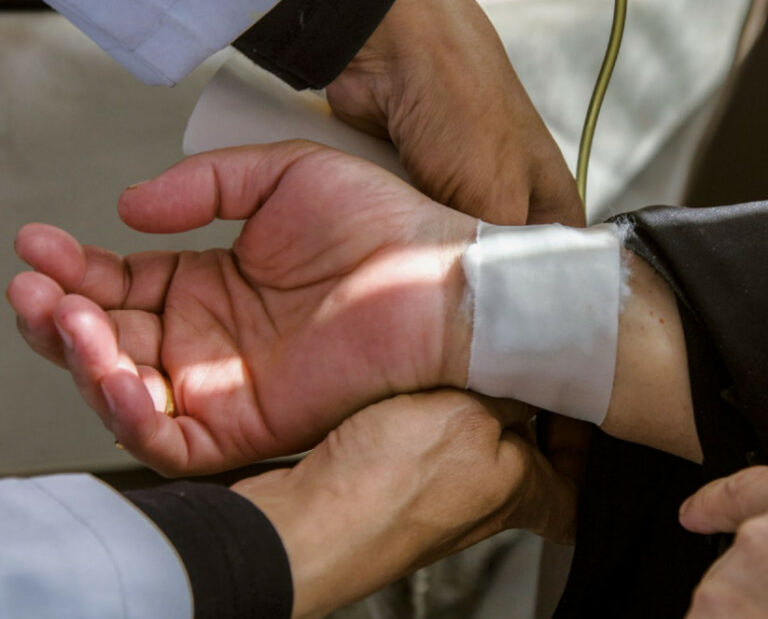
-
Post-trial access to treatment Published on:
 Irene SchipperPosted in category:Publication
Irene SchipperPosted in category:Publication Irene Schipper
Irene Schipper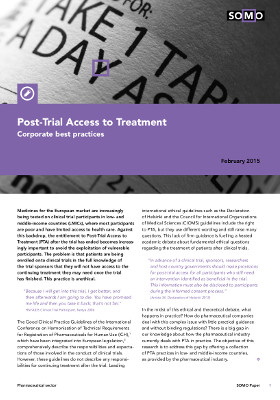
-
Posted in category:Publication
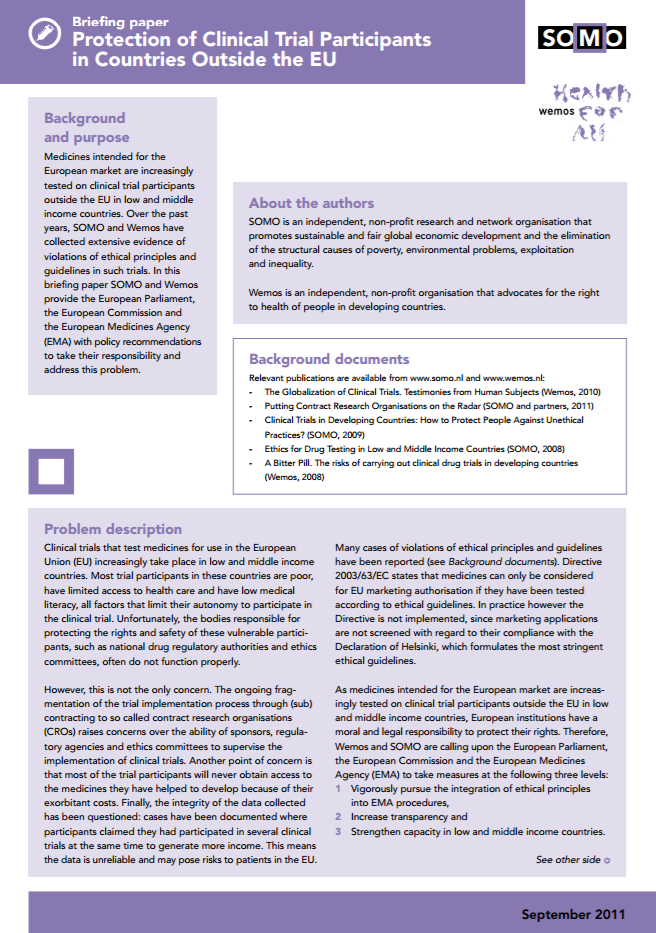
-
Putting Contract Research Organisations on the Radar Published on:
 Irene SchipperPosted in category:Publication
Irene SchipperPosted in category:Publication Irene Schipper
Irene Schipper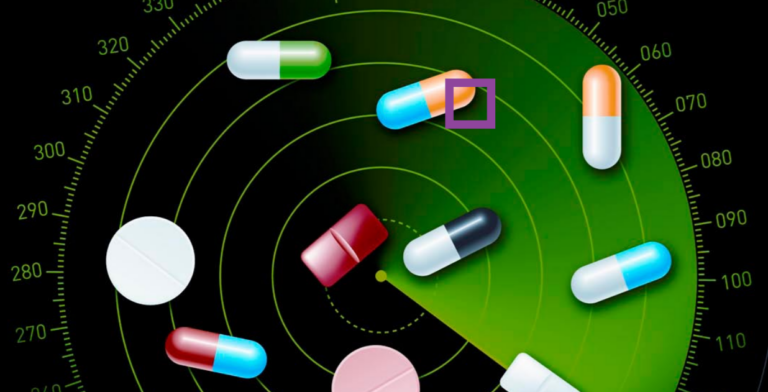
-
Clinical Trials in Developing Countries Published on:
 Irene SchipperPosted in category:Publication
Irene SchipperPosted in category:Publication Irene Schipper
Irene Schipper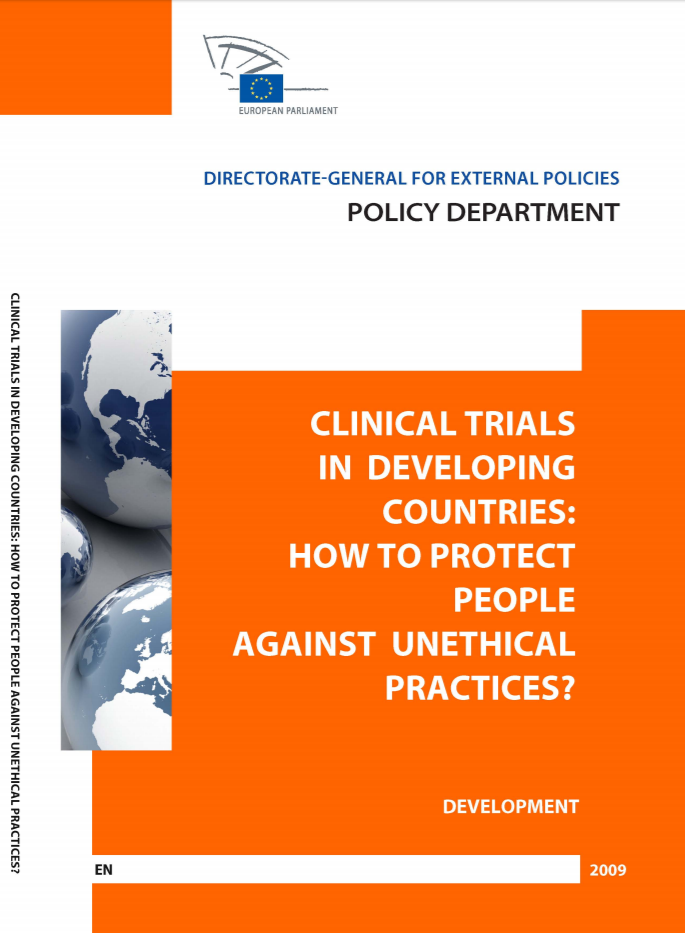
-
 Irene SchipperPosted in category:Publication
Irene SchipperPosted in category:Publication Irene Schipper
Irene Schipper -
Ethical concerns in clinical trials in India Published on:S. SrinivasanPosted in category:PublicationS. Srinivasan

